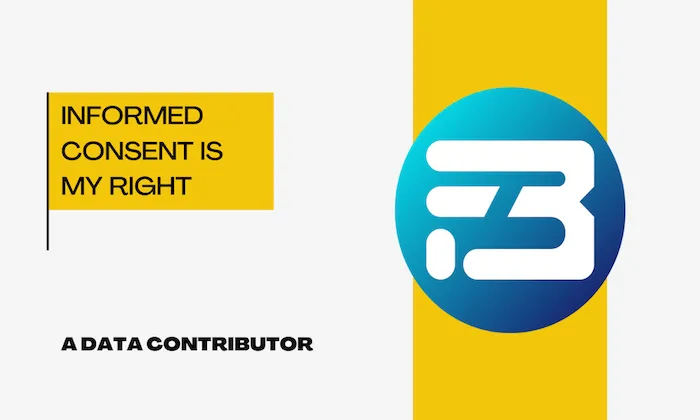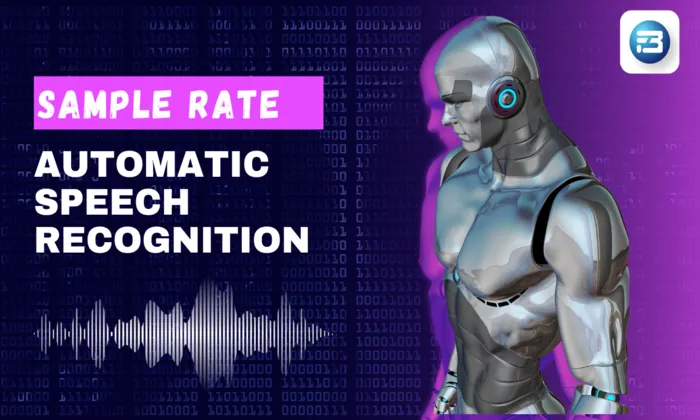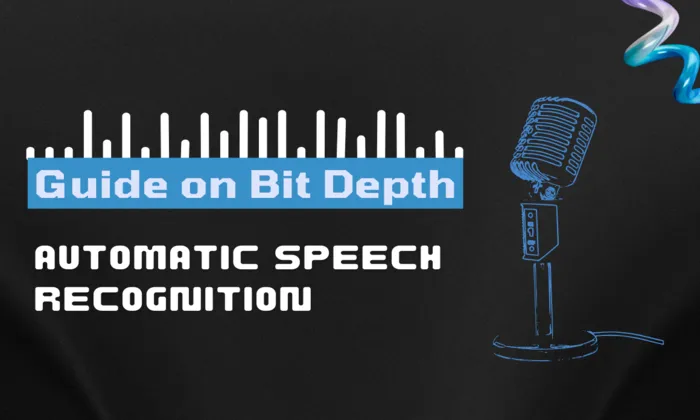What are the copyright and licensing considerations for using TTS datasets?
TTS
Legal Compliance
Speech AI
For AI engineers, researchers and product managers, copyright and licensing in Text to Speech datasets are not minor technicalities, they are essential to building legally compliant, ethically sound and production-ready voice AI systems. At FutureBeeAI, we ensure that every dataset is created and licensed responsibly, giving clients confidence in both performance and compliance.
Why Copyright and Licensing Matter
Copyright protects original works such as scripts and voice recordings. Licensing determines how these works can be used, shared, or modified. Missteps in licensing can lead to costly disputes, penalties, and reputational harm. Conversely, well-licensed datasets enhance quality, diversity, and trustworthiness, strengthening the foundation for advanced TTS applications.
Types of Licenses in TTS Datasets
- Commercial licenses: Allow broad use in commercial products, typically with restrictions on redistribution
- Open-source licenses: Provide flexibility but often require attribution or compliance with specific conditions
- Creative Commons licenses: Range from permissive (CC BY) to restrictive (CC BY-NC), defining limits on sharing and modification
- Exclusive licenses: Grant sole rights, ensuring uniqueness but at higher costs
Contributor Rights and Consent
Voice contributors must provide explicit, documented consent, especially in datasets involving sensitive groups such as children. Guardian consent is mandatory in such cases. Standardized processes and consent forms protect organizations while encouraging diverse participation.
Licensing Mistakes to Avoid
- Overlooking details: Each dataset has unique conditions; treating all as interchangeable can create compliance risks
- Using scraped content: This is a common cause of copyright violations; always ensure scripts are client-provided, in-house or open-license verified
- Neglecting compliance: Licensing alone does not guarantee GDPR or CCPA compliance, robust workflows are essential
- Ignoring quality: Licensed but poorly recorded datasets reduce model accuracy and usability
Real-World Implications
Poor licensing choices can undermine both legal standing and model quality. Conversely, using ethically sourced, well-licensed data leads to models that are accurate, representative, and scalable.
Moving Forward
For organizations aiming to build reliable and compliant TTS solutions, licensing and copyright must be prioritized. At FutureBeeAI, we provide datasets recorded in professional studios, backed by documented contributor consent and clear licensing frameworks. This ensures your AI projects are both legally secure and technically robust.
Smart FAQs
Q. What should I check before using a dataset?
A. Review licensing rights, confirm contributor consent, and verify GDPR compliance.
Q. What is ethical sourcing in TTS datasets?
A. Obtaining explicit consent, ensuring demographic diversity, and maintaining transparency in collection processes.
What Else Do People Ask?
Related AI Articles
Browse Matching Datasets
Acquiring high-quality AI datasets has never been easier!!!
Get in touch with our AI data expert now!








